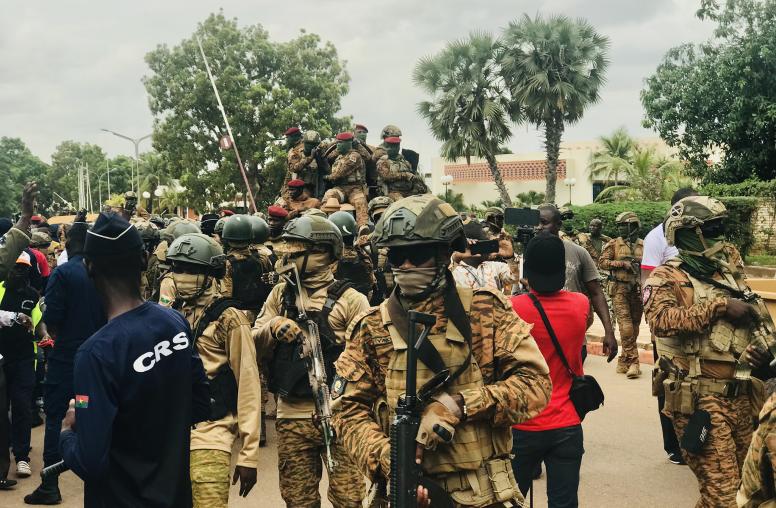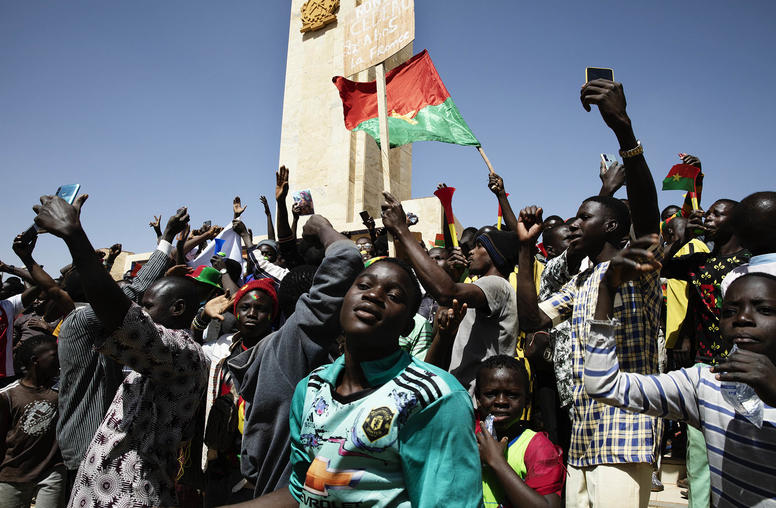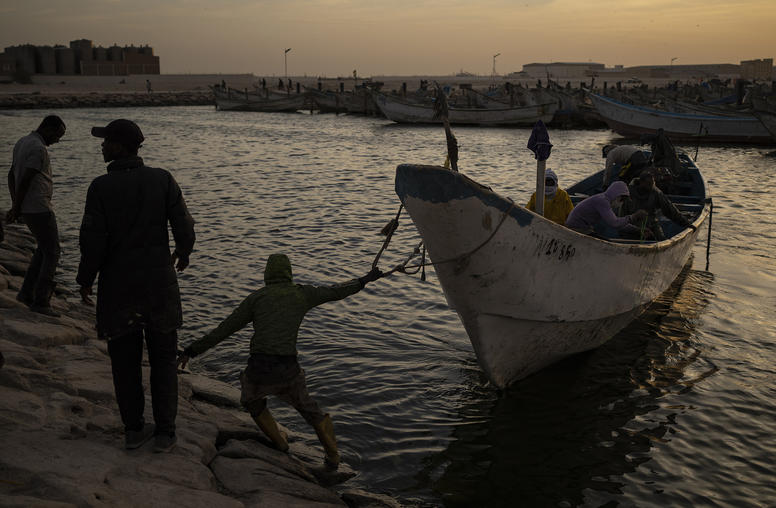Countering Coups in the Greater Sahel
Steps to Reverse Military Rule and Revitalize Democracy in the Region
Read the event coverageEight military coup attempts across the greater Sahel — five of them successful — have made this African region the epicenter of a global crisis: military putsches in countries struggling with poor governance, extremism, violence and related ills. Military rule only heightens threats to stability and peace for the Sahel’s 135 million people — increasing the costs of human displacement, already at a record high, as well as deepening the risk of malicious involvement by outside authoritarian powers.
English
French
On February 23, USIP held a discussion with experts from across the foreign policy community on ways to counter this trend toward authoritarianism and make U.S. and international support for democracy more effective. Building on USIP’s two-day forum on The Shocking Rise in Coups, this conversation explored concrete steps to advance the goals of the 2021 Summit for Democracy and offer forward-looking policy recommendations.
The forum will be livestreamed in English and French. Join the conversation on Twitter with #CounteringCoups.
Speakers
Joseph Sany, opening remarks
Vice President, Africa Center, U.S. Institute of Peace
Mvemba Dizolele
Senior Fellow and Director, Africa Program, Center for Strategic and International Studies
Cameron Hudson
Nonresident Senior Fellow, Africa Center, Atlantic Council
Joshua Meservey
Senior Policy Analyst, Africa and the Middle East, The Heritage Foundation
Joseph Siegle
Director of Research, Africa Center of Strategic Studies
Ambassador Kamissa Camara, moderator
Senior Visiting Expert for the Sahel, Africa Center, U.S. Institute of Peace



